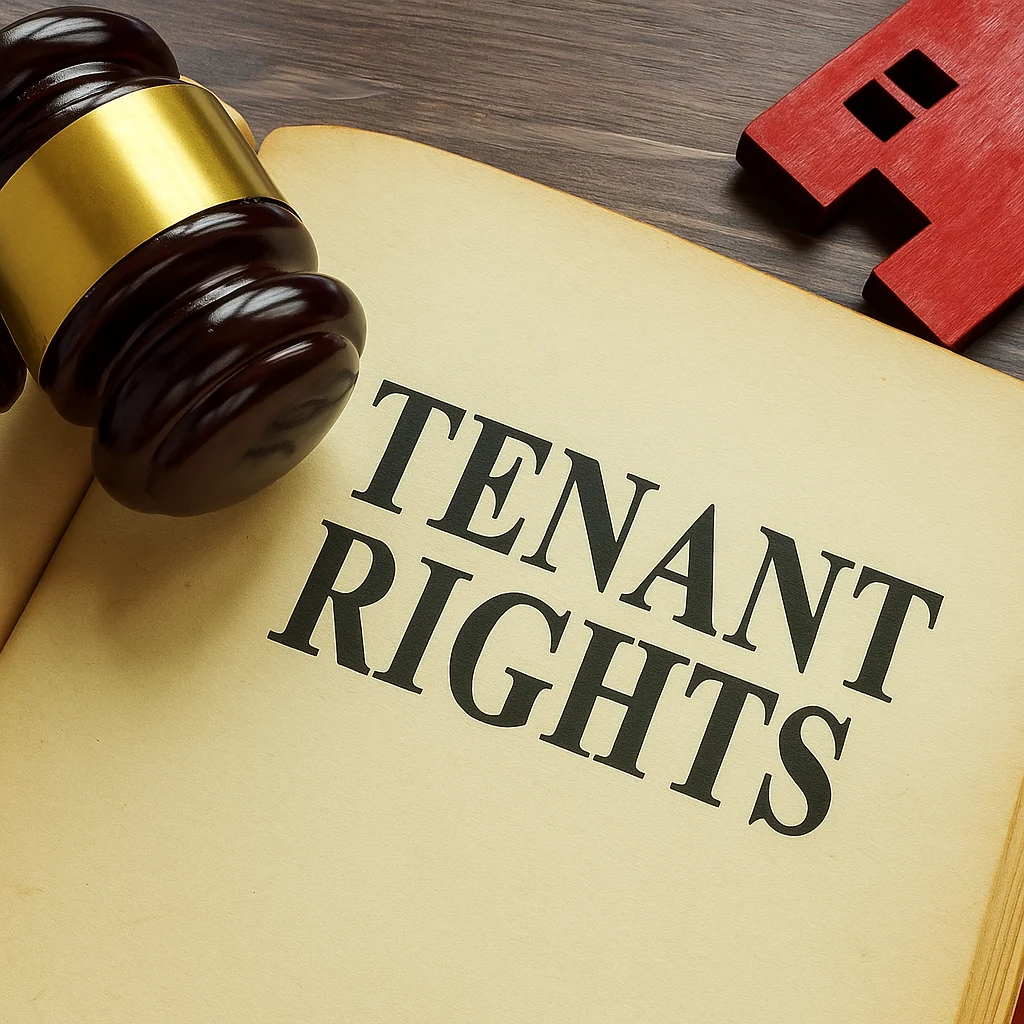Sometimes, individuals inherit a property that they turn over to renting. In other cases, property owners become unintentional landlords because they’re unable (or unwilling) to sell at the value the market currently dictates. Without a degree of optimism, there’s not much point in property investing, but it’s important to be realistic about the rent that can be charged and account for possible gaps when the property may be empty between tenants (i.e., voids) and set aside a buffer in case of unpaid rent or bad debts.
There are rules and laws that govern what you can, can’t, and must do when you’re a landlord. You’re obligated to maintain the property in a safe, habitable condition that doesn’t expose tenants to health risks, and if you fail to do so, you could face legal liability, fines, or tenant claims. As noted by No Win No Fee Solicitors in London, tenants can take legal action to claim compensation if there was a breach of duty on the part of the landlord. Awareness can prevent many common disputes.


From Repairs To Safety: What You Owe Your Tenants
As a landlord, you must:
Undertake Maintenance & Repairs
Responsibility for the majority of repairs to the structure of the property, including the walls, floors, windows, and the roof, as well as the heating and hot water systems, gas appliances, pipes, and electrical wiring, rests with you. You’re not allowed to pass the cost of any repair work to tenants. Timely repairs are of the essence for fostering tenant satisfaction, preserving property value, and avoiding legal liabilities.
Demonstrate Health & Safety Compliance
Gas equipment must be safely installed and maintained by a Gas Safe registered engineer, with annual checks undertaken. Electrical safety must also be upheld by ensuring the property’s wiring, sockets, light fittings, and any supplied appliances are safe to use. In terms of fire safety, you must follow regulations by fitting smoke alarms on every storey, installing carbon monoxide alarms in rooms with solid fuel appliances, ensuring safe escape routes, and supplying fire-safe furniture and furnishings.
Respect Tenant Privacy
Breaches of privacy can have significant legal and reputational consequences. Tenants’ homes are protected by Article 8 of the Human Rights Act 1998, which incorporates the European Convention on Human Rights into UK law. You don’t have an automatic right of entry, meaning you must provide the tenant with at least 24 hours’ written notice, and access to the property shall only be permitted at reasonable times and for legitimate purposes, such as repairs, inspections, etc.
As a landlord, you have access to tenants’ private information – i.e., names, contact details, financial information, copies of ID, and so forth – and it’s your responsibility to ensure that GDPR (General Data Protection Regulation) compliance is maintained. Leaving sensitive documents unsecured, sharing a tenant’s details inappropriately, or a cyber-attack on your digital records can lead to an investigation and fines from the Information Commissioner’s Office (ICO). You can risk compensation claims for material and non-material damage, such as emotional distress.
Protect Tenant Deposits
You’re required to protect tenants’ deposits by placing them in an approved scheme and inform them of the arrangements within 30 days. The amount taken mustn’t exceed the legal cap of five weeks’ rent, which applies to properties with an annual rent below £50,000; for annual rents above £50,000, deposits are capped at six weeks. This is meant to ensure fairness and transparency in handling tenant deposits.
Landlord Liability For Tenant Injury Hinges On The Circumstances
A landlord isn’t assumed to be at fault or accountable for injuries occurring on the rental property just because of their position, without proof of their own negligence. Liability arises when your actions or failure to act (omission) directly causes harm, and in certain cases, this can include injuries to guests or visitors.
Imagine the following situation: Someone suffered a knee injury after slipping on a wet log left in the yard. The slip and fall accident isn’t enough to establish landlord fault in a personal injury claim, so it’s necessary to prove there has been a breach of duty. If the wet log was in a common area, such as a shared pathway, and the landlord knew or should have known it posed a risk, they may be liable, but if the wet log was in an area under the tenant’s control, such as a private garden space, the landlord is less likely to be liable.
The Tenant’s Role in Their Own Injury
Even if the landlord’s conduct meets the criteria of negligence, a tenant’s own actions may still contribute to the injury. Picture this happening: The tenant stored firewood in their private garden area, and after very heavy rain, one of the logs became slippery, and they tripped over it. Since the landlord had no control over the hazard, liability would likely rest with the tenant. In situations where tenants are partially to blame for their injuries, the courts use contributory negligence to allocate liability.
The doctrine of contributory negligence is frequently relied on by defendants in litigation as well as negotiating settlements, and damages are discounted by substantial amounts, leaving claimants with uninsured losses. By way of illustration, if the claimant is to be found 50% liable for their own injuries, the compensation they receive will be halved. It’s the defendant’s responsibility to provide proof of contributory negligence and propose a percentage allocation of liability.
Different Methods Available For Resolving Disputes
Clear and transparent communication between landlords and tenants can settle many problems, and handling concerns promptly prevents escalation. Make it easy for tenants to reach you and be responsive to their inquiries and concerns – it’s not merely a courtesy; it’s a fundamental pillar of success. Regularly check in with your tenants to ensure they are satisfied with their living conditions.
Maintain detailed records of all communications, repairs, and agreements. Such documentation can be crucial in the event of a dispute, as written evidence helps demonstrate commitments, clarify misunderstandings, and support legal claims if required. Not maintaining records of important communications can impact your ability to assert your rights as a landlord in court. Equally important is to seek mediation. You can work with a neutral third party to reach a mutually agreeable solution, ensuring that both landlord and tenant concerns are fairly addressed.



